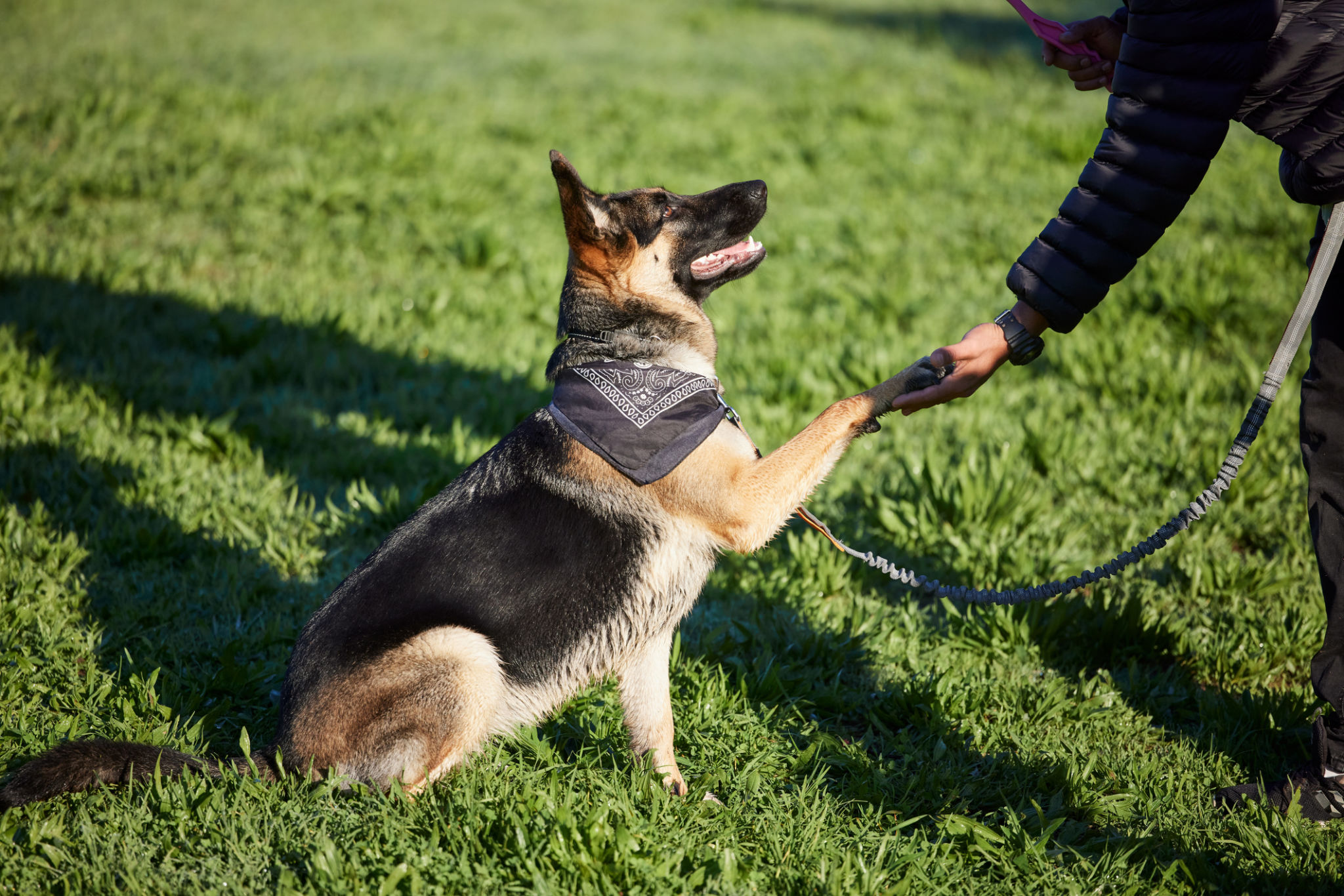Comprehensive Guide to Choosing the Right Dog Training Service in Dallas County
Understanding Your Dog's Training Needs
Choosing the right dog training service in Dallas County starts with understanding your pet's specific needs. Whether you have a new puppy or an older dog needing behavior correction, identifying what you want to achieve with training is crucial. Are you looking for basic obedience classes, advanced training, or specialized sessions for behavior issues? Knowing your goals will help narrow down the choices.

Different dogs have different temperaments and learning styles. Some may respond well to group settings, while others may need one-on-one attention. Consider your dog's personality and any specific challenges they face. This information will be invaluable when selecting a training service that best suits your dog's needs.
Researching Local Training Services
Once you've determined your dog's training needs, it's time to start researching local services. Dallas County offers a variety of options, from individual trainers to established training schools. Begin by asking for recommendations from friends, family, or your veterinarian. Online reviews and local forums can also provide insights into the quality of services offered.
Visit websites of potential trainers to learn more about their methods, experience, and credentials. Look for trainers who are certified by reputable organizations such as the Association of Professional Dog Trainers (APDT) or the International Association of Canine Professionals (IACP). These certifications can be a testament to their expertise and commitment to ethical training practices.

Evaluating Training Methods and Techniques
Dog training methods can vary widely, so it's essential to choose a service that aligns with your philosophy. Some trainers use positive reinforcement techniques, while others may incorporate corrective measures. Understanding these methods will help you ensure your dog is trained in a manner you're comfortable with.
Positive reinforcement is widely regarded as an effective and humane approach, focusing on rewarding good behavior rather than punishing bad behavior. It's beneficial to ask potential trainers about their techniques and observe a training session if possible. This will provide a clearer picture of how they interact with dogs and manage different situations.
Considering Class Structure and Environment
The structure of the class and the environment in which training takes place are important factors to consider. Some dogs thrive in group classes where they can socialize with other dogs, while others may benefit more from private sessions. Group classes can help with socialization but may be overwhelming for shy or anxious dogs.

Additionally, pay attention to the training environment. Is it clean, safe, and conducive to learning? A positive environment can significantly impact your dog's ability to focus and learn new skills. Don't hesitate to ask questions about class sizes, duration, and frequency to ensure they fit your schedule and expectations.
Assessing Cost and Value
Investing in dog training is an investment in your pet's future behavior and happiness. Costs can vary based on the type of training, the trainer's experience, and the length of the program. While it's important to stay within budget, try not to compromise on quality for the sake of saving money.
Compare prices among different services, but also consider what each package includes. Some services may offer additional benefits such as follow-up sessions or online support, which can add value to your training experience. In the long run, a well-trained dog can save you time and money by preventing future behavior issues.

Making the Final Decision
After gathering all this information, it's time to make an informed decision. Consider all aspects, from the trainer's experience and methods to the class environment and costs. Trusting your instincts about the trainers' rapport with dogs can also be a deciding factor.
Once you've chosen a service, commit to being an active participant in your dog's training journey. Consistent practice at home will reinforce what your dog learns during sessions and speed up their progress. With the right service and dedication, you can enjoy a well-behaved and happy companion for years to come.